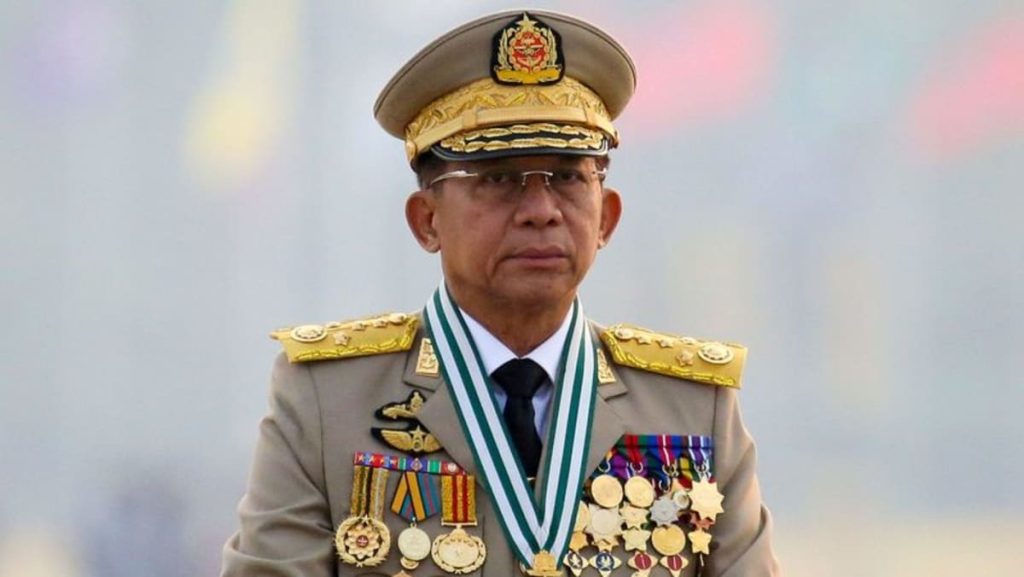China has a complex relationship with Myanmar’s military junta. While China is a major ally and arms supplier to the junta, it also maintains ties with ethnic armed groups that hold territory near its border. In recent weeks, an alliance of ethnic armed groups has seized territory from the junta in northern Shan state, which borders China’s Yunnan province. This includes the capture of the military’s northeastern command in the town of Lashio, home to about 150,000 people. This significant territorial gain by opponents of the junta has sparked rare public criticism of the top generals by their supporters.
The capture of the regional command in Shan state was the first successful takeover by opponents of the junta since the military coup in 2021. Myanmar’s military commander, Min Aung Hlaing, later claimed that the alliance was receiving weapons, including drones and short-range missiles, from unspecified “foreign” sources. This suggests that external support is playing a role in the ongoing conflict between the junta and ethnic armed groups. The last high-ranking Chinese official to visit Myanmar and meet with Min Aung Hlaing was former foreign minister Qin Gang in May of last year.
Despite ongoing tensions between China and the Myanmar junta, it was reported that Chinese Foreign Minister Wang Yi would not be meeting with Myanmar’s detained democracy leader, Aung San Suu Kyi. Since the military seized power, Aung San Suu Kyi has been detained by the military regime, along with other civilian leaders. China’s decision not to meet with Aung San Suu Kyi suggests a continued alignment with the junta, despite the recent territorial losses in Shan state. It also reflects China’s cautious approach to the ongoing crisis in Myanmar, as it navigates its relationships with both the military regime and ethnic armed groups.
The conflict in Myanmar’s northern Shan state highlights the complex dynamics at play in the region, with multiple actors vying for power and influence. In addition to the junta and ethnic armed groups, external powers like China are also involved in the conflict, providing support to various factions. China’s relations with Myanmar have long been driven by strategic interests, including access to resources and maintaining stability along its border. The recent territorial gains by ethnic armed groups pose a challenge to the junta’s control and have implications for regional stability.
The capture of the military’s northeastern command in Lashio represents a significant setback for the junta and a rare victory for its opponents. The alliance of ethnic armed groups has demonstrated their military capabilities and their ability to challenge the junta’s authority in the region. This development has raised concerns about the potential escalation of conflict in northern Shan state and the impact on civilian populations. With external support playing a role in the conflict, there are risks of further destabilization and violence in the region.
As the situation in Myanmar continues to evolve, the role of external actors like China will be crucial in shaping the outcome of the conflict. China’s strategic interests in Myanmar, as well as its relationships with various factions, will influence its approach to the crisis. The recent territorial gains by ethnic armed groups and the junta’s response to the alliance have highlighted the complexities of the conflict and the challenges facing all parties involved. The conflict in Myanmar’s northern Shan state is a stark reminder of the fragility of peace and stability in the region, and the need for a coordinated and inclusive approach to resolving the crisis.


